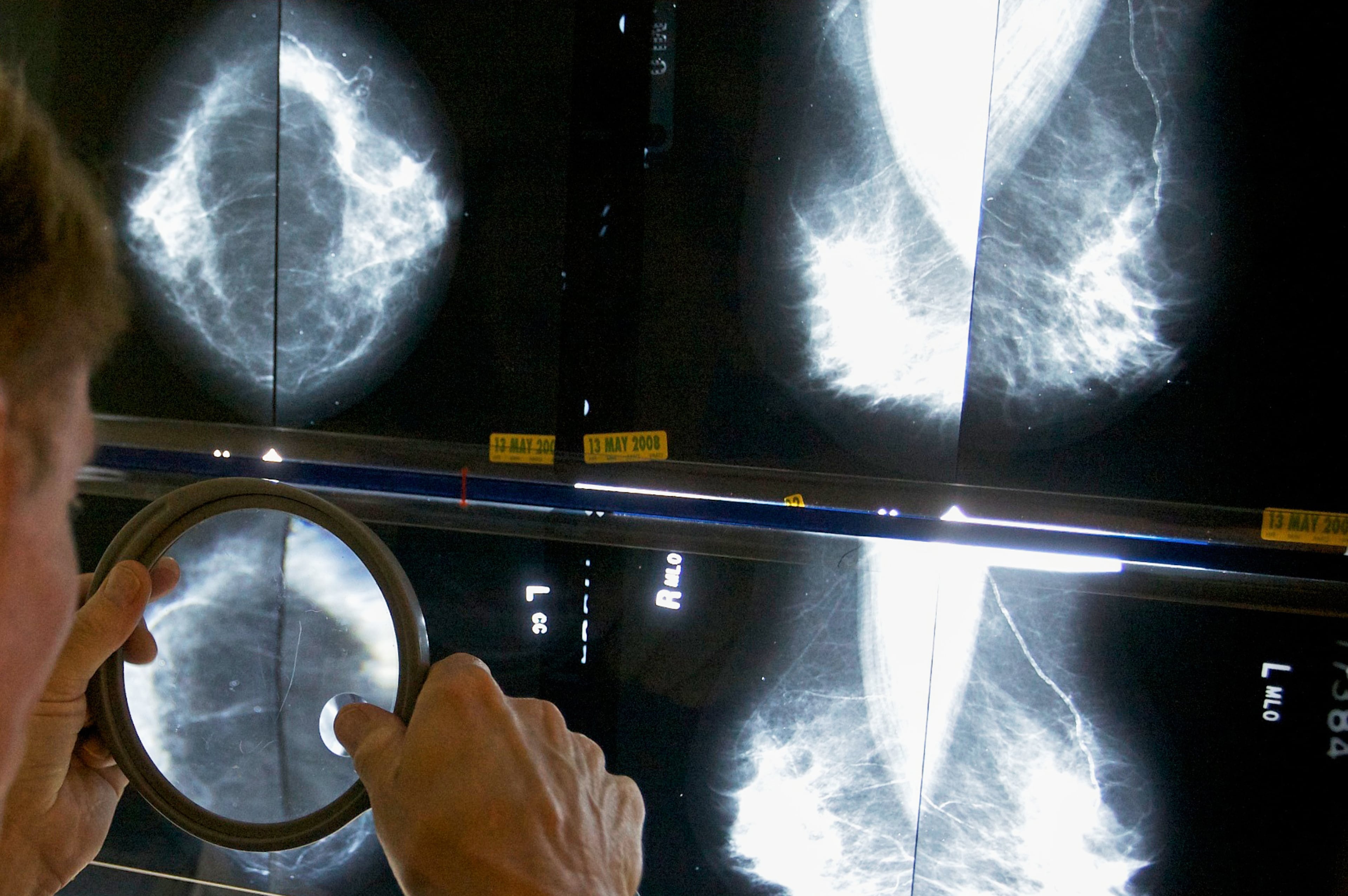Study: Women hospitalized for alcohol use nearly doubles during pandemic
Hospitals admitted nearly twice as many women ages 40-64 for alcohol abuse during the pandemic. That’s the latest findings from a new study published in the journal JAMA Health Forum.
Authored by researchers from multiple schools — including Atlanta’s Rollins School of Public Health at Emory University — the study concluded women within that age range were 33.3% to 56% more likely to be hospitalized for alcohol abuse throughout the pandemic.
“Drinking has increased in the last decade among women, particularly during the pandemic, in comparison to men,” Dr. Bryant Shuey, assistant professor of medicine at the University of Pittsburgh, told CNN. “That uptick in drinking is likely contributing to the really serious alcohol-related liver disease, mood disorders, alcohol withdrawal problems and heart and gastric concerns we found in our study.”
Among those diagnosed during their hospitalizations, between 54% and 66% were because of alcohol-related liver diseases, and 29%-39% for alcohol withdrawal and alcohol-related mood disorders. Roughly 3% to -5% were because of cardiomyopathy, with 1%-3% for gastric bleeding.
“Withdrawal can be deadly,” Shuey said. “For people who drink large amounts daily, withdrawal can lead to something called alcohol withdrawal delirium, which can cause seizures and even cardiac arrest.
“As far as mood disorders, we know alcohol reduces inhibition and is a risk factor for suicide. And if someone has alcohol-related psychosis, or even a manic episode, those are really high-risk conditions that require urgent medical evaluation.”
To come to their conclusion, researchers studied commercial claims from an insurance database dated from March 2017 to September 2021. The study determined men within the same age group did not experience significant increases in alcohol-related hospitalizations.
Although the study noted more research is needed to fully understand the fundamental relationship between alcohol abuse and this recorded uptick in hospitalizations, Shuey did share one theory with CNN.
“Women who were developing alcohol-related conditions prior to the pandemic may have lost contact with their outpatient provider, alcohol addiction treatment center or Alcoholics Anonymous support group, which then tipped them over and into trouble with their alcohol use,” he said.



